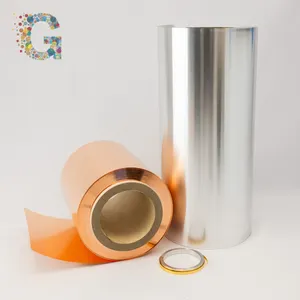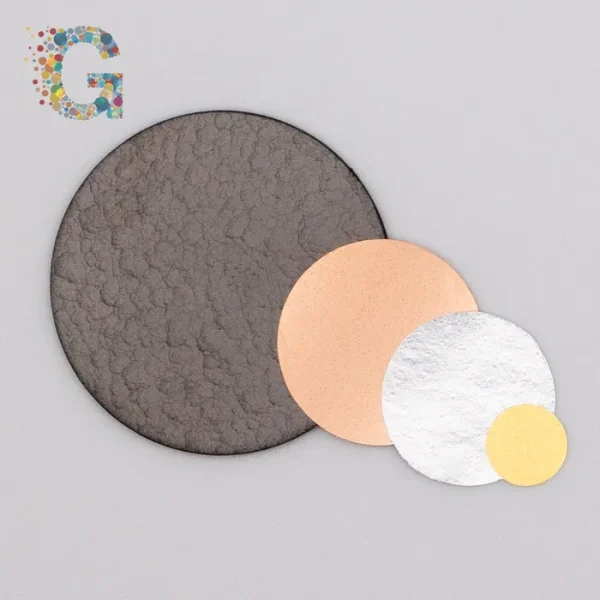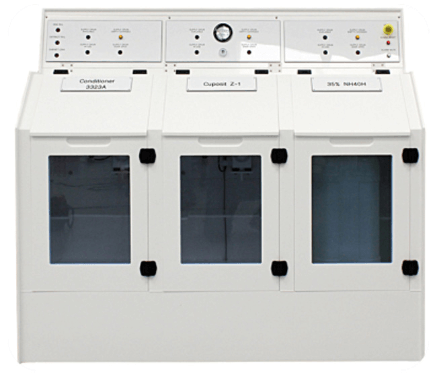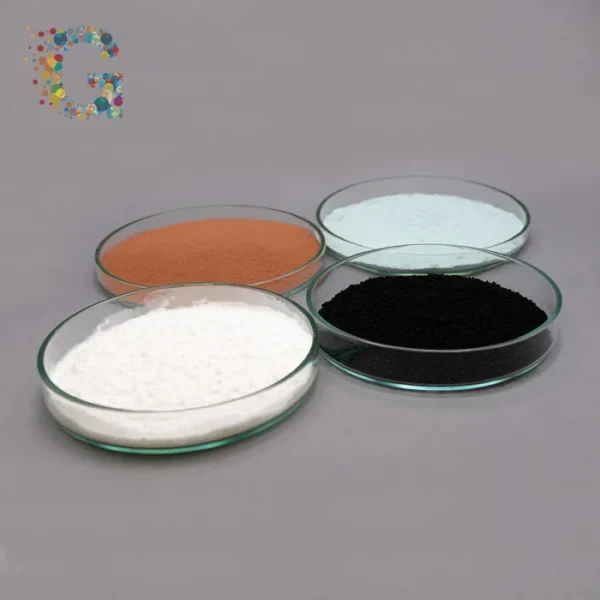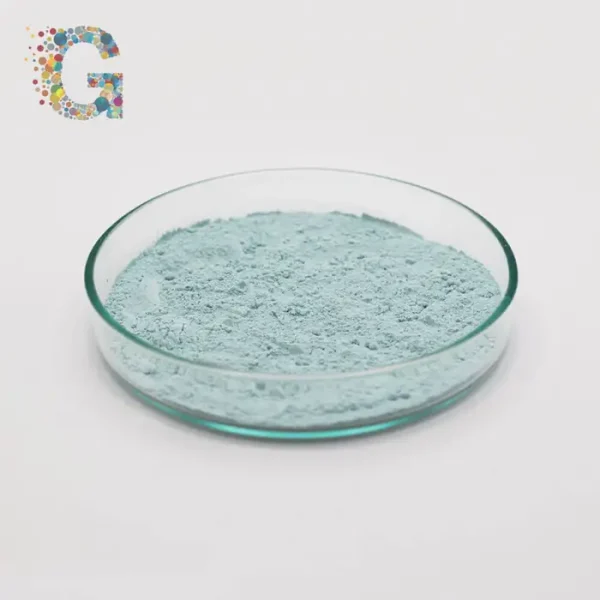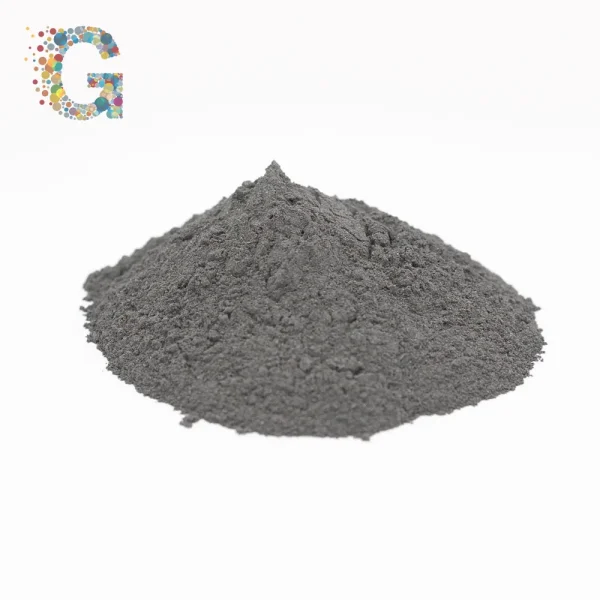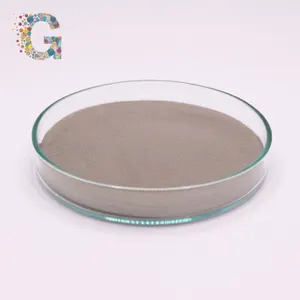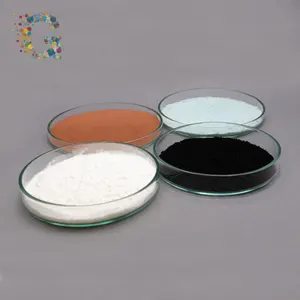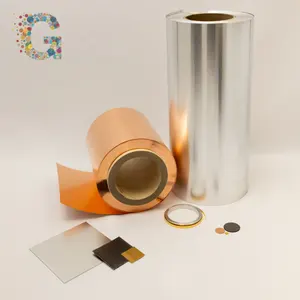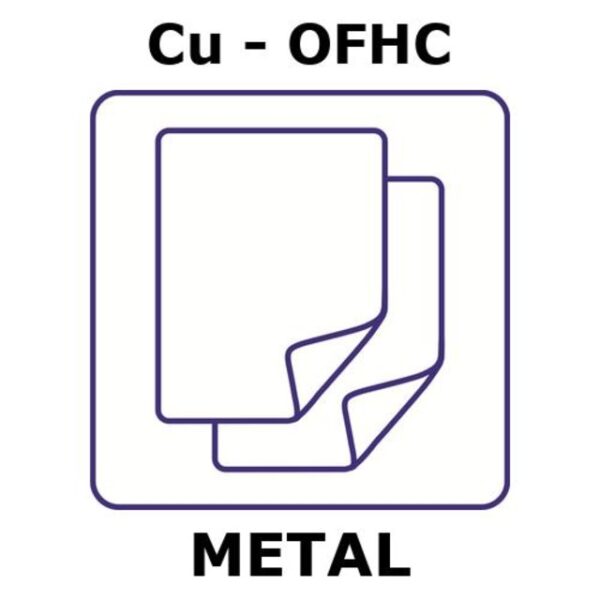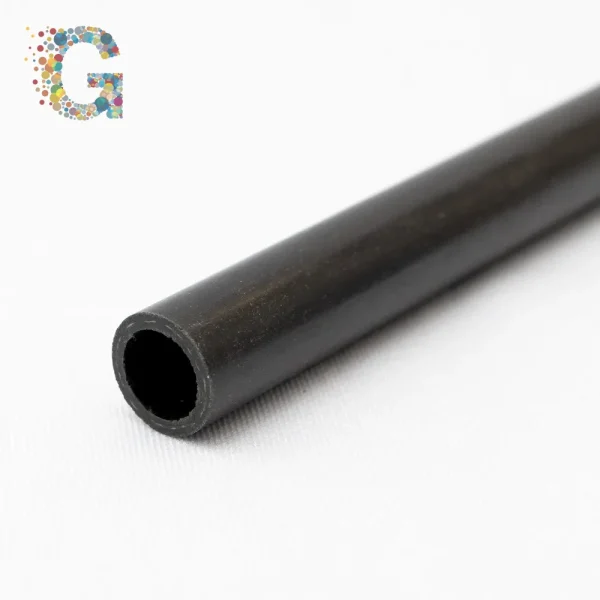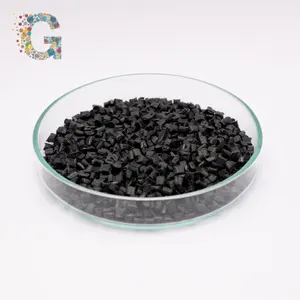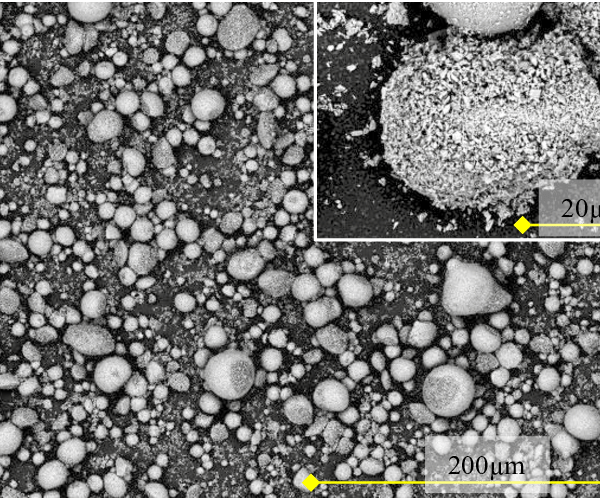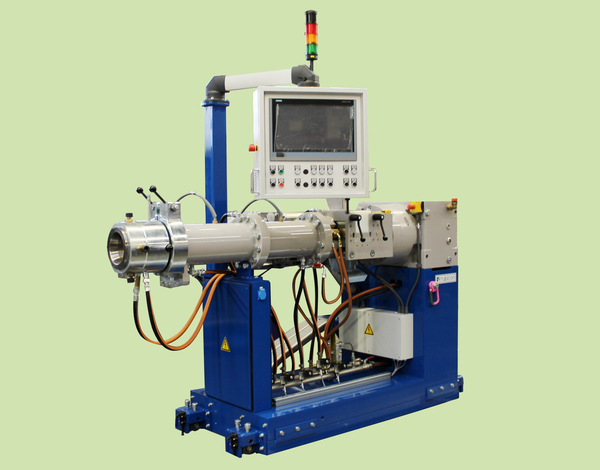
Advanced Scientific Materials
Advanced scientific materials such as metals, aluminium, ceramics, polymers, composites and compund materials are fundamental to research and technological development in various fields. These materials offer special properties and superior characteristics and are essential for innovation and progress in industry and science.
Metals, such as iron, aluminium, copper and titanium, are used in construction, transportation, electronics and many other applications due to their mechanical properties, conductivity and durability.
Aluminium is known for its light weight and corrosion resistance, and is used in the aircraft, automotive and packaging industries.
Ceramics, as a non-metallic material, offers thermal and electrical insulating properties as well as durability at high temperatures, and is used in construction, medical and aeronautical industries.
Polymers, such as plastic and rubber, are versatile and lightweight, used in packaging, medical devices, electronics and many other applications.
Composites are materials made by combining several components, such as glass, carbon or aramid fibres with a polymer or metal matrix, to achieve superior mechanical properties, corrosion resistance and light weight.
Compound materials are the result of sophisticated manufacturing processes that combine materials at the nanometre or molecular scale to achieve unique and advanced properties.
These scientifically advanced materials are an essential basis for innovation and technological development in a variety of industries, ensuring high performance and efficiency in diverse applications.
Product categories
- 3D Printing
- Advanced Scientific Materials
- Analytical Instruments
- Climate monitoring systems
- Custom Solutions
- Deburring machines for deburring and edge rounding
- FLANGING - MANDRELLING
- FORMING AND FINISHING
- Forming tools
- Laboratory Equipment
- Laser systems
- Lasers
- Light sources
- METAL JOINING - CLINCHING
- Microscopy and accessories
- Optics and Optomechanical Components
- ROTO - FORMING
- Scientific cameras
- Spectrometers
- Cristale laser
- Numaratoare de particule





